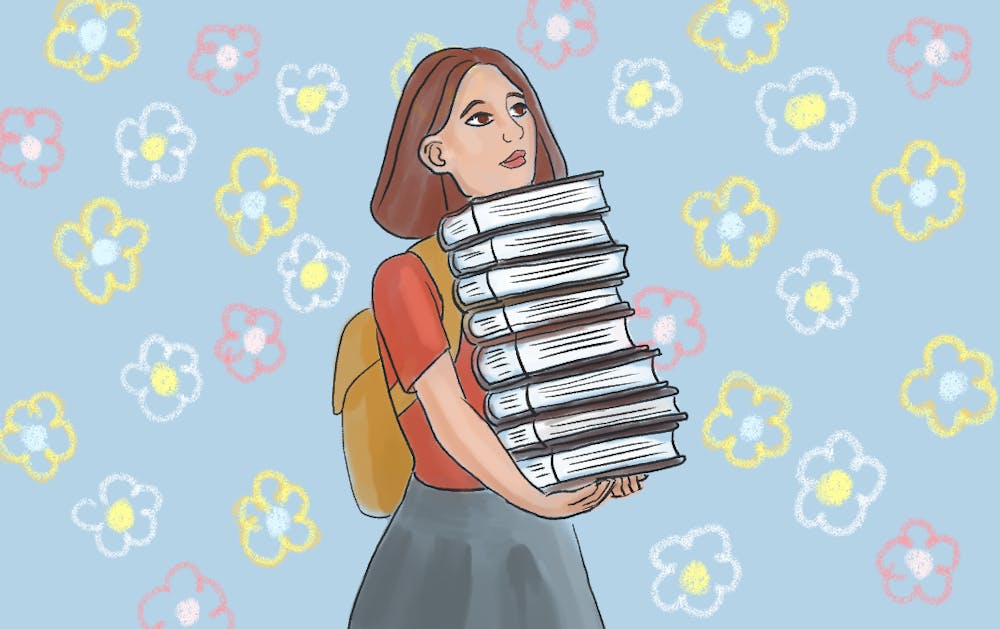Spring 2020 registration has already begun and some of the new classes combine different fields together, such as energy and social justice or kinesthetics and technology.
The Humanities Lab specifically offers hands-on experience and provides students with experiential learning to view some of the world’s challenges from new perspectives.
The specific courses offered are:
Educating for Inclusion (HUL494):
Educating for Inclusion will focus on the public history, digital and material archives that have been the catalysts for conversations on access, inclusion and equity at ASU. This lab will be a hands-on investigation into the challenges in the politics of education, with an emphasis on Indigenous Peoples and African Americans.
Energy and Social Justice (HUL494):
The course explores the concepts and ideas of how social justice can impact the energy we use and foster greater awareness around ethical issues. Energy and Social Justice will encourage students to interact with prominent energy leaders and craft a way of thinking that protects communities affected by energy-generating practices.
Working Bodies and Technology (HUL494):
The five senses play a larger role in the use of technology than meets the eye. In Working Bodies and Technology, the class analyzes how hands, shoulders, knees and toes are intertwined with both science and art. By the end of the semester, students will produce an experiential art-science exhibit.
In this course, students have an opportunity to collaborate with faculty and space activists to learn about how interconnected life and Earth are by analyzing the literary, scientific, and social elements of the relationship. This course encourages students to ask themselves how earthly life might expand beyond the Earth.
The Sound & Well-Being course looks at the capability of sound, and how sound affects our daily aspects of life, such as health and environment. It also looks at sound impacting cultural and historical events.
Maureen Kobierowski, program coordinator for ASU's School of Social Transformation, said that “the courses bring together interdisciplinary faculty from different units in the University.”
“That’s one reason why we bring in the two professors at hand from interdisciplinary backgrounds so that students can look at the issue at many different perspectives,” Kobierowski said.
ASU's Department of English offers new course listings that illustrate how English and technology can clash, from analyzing social media trends to traditional aspects of literature.
Here are some of the new classes:
Social Media Entertainment (FMS 394):
Through hands-on experience, students will be able to learn how to create their social media brand.
Sarah Florini, assistant professor of film and media studies, said that the class will focus on topics including branding, multi-platform presence and the process of monetization.
"My goal is for students to have (a) deeper, more full understanding of the technologies that they use everyday, so that they can make better decisions."
Symbols and Archetypes in Children’s Literature (ENG 470):
Joyce Jamerson, an English faculty associate, will be teaching the course and said that students will learn how to use the archetypes they find from their readings and apply them in their academic and personal lives.
“One of the skills that I hope students will gain from this course is just the power of children's books," Jamerson said. "A lot of them read adult literature. Very rarely, a lot of students go back and pick up a children's book and I want them to realize that it takes as much work to craft a children’s story.”
Students taking this course will learn about how aspects of neo-Gothic literature have made contemporary horror books ghostly.
Jonathan Danielson, English instructor and graduate student at ASU, said this class focuses on reading texts based on the neo-Gothic tradition and the elements from this era.
"I want students to have a positive and formative experience in this course. In the end, it is just the way to read some really fun books, have some really fun conversations and experiment with our own writing."
Reach the reporter at anatar12@asu.edu or follow @AnushaNat1 on Twitter.
Like The State Press on Facebook and follow @statepress on Twitter.





